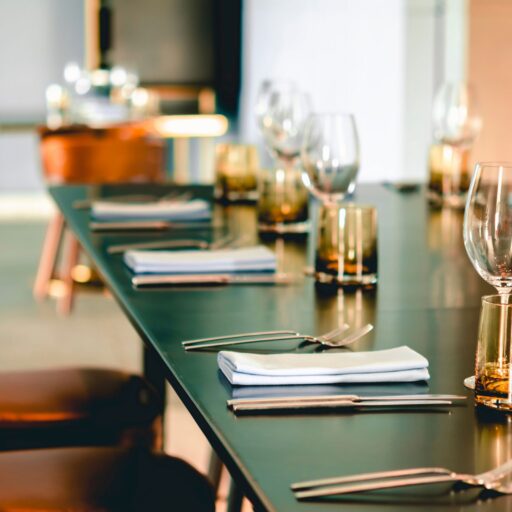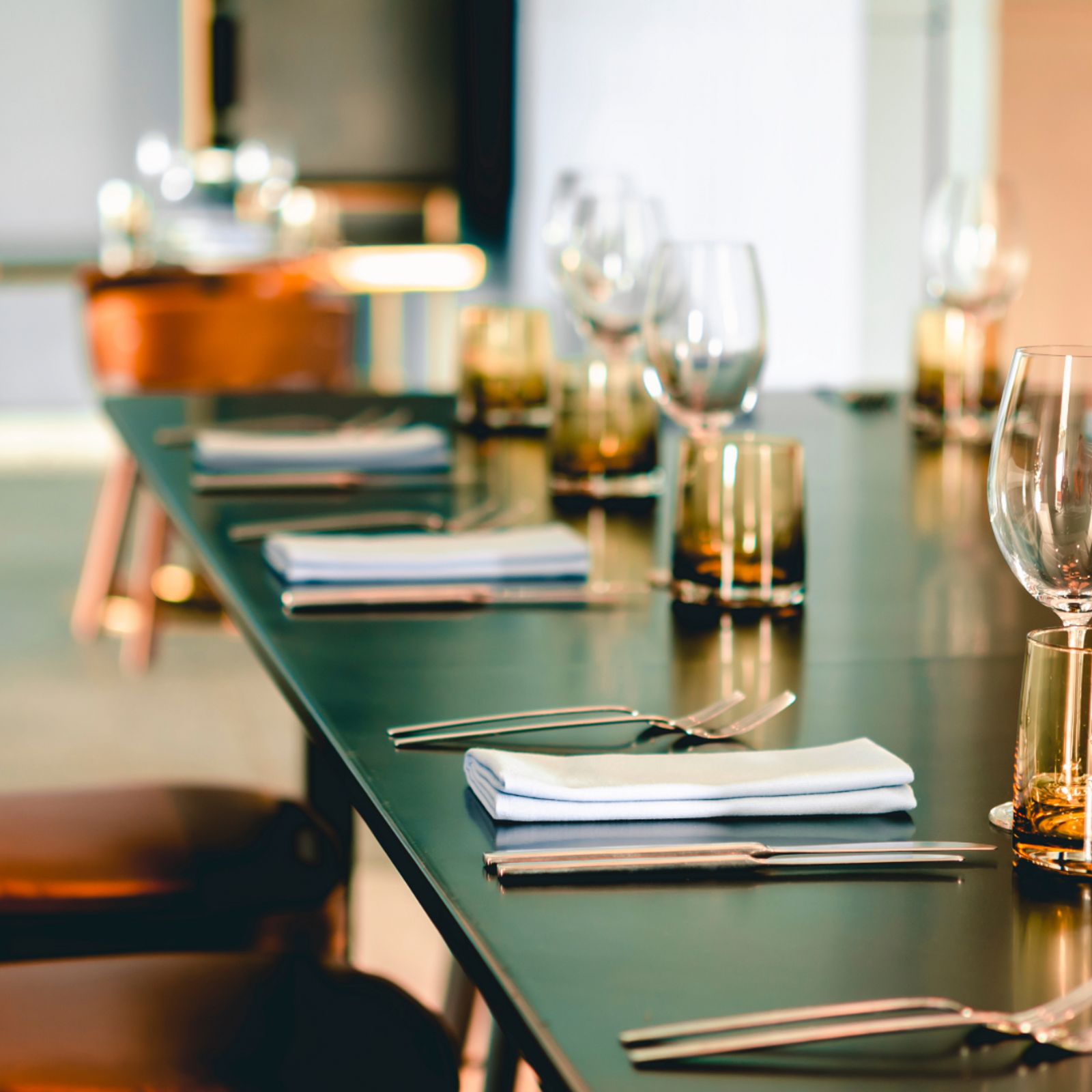Discover Why Is CRM Essential for Restaurants in 2025 :
In 2025, clients at restaurants expect more than good food. They want smooth service, personalized attention, and consistent communication. Restaurants must now manage not only quality on the plate, but also the entire customer journey—from booking to follow-up. Many still handle this manually, using separate tools or no system at all. A well-set CRM allows restaurants to centralize client data, automate routine actions, and enhance loyalty. It becomes a critical asset in a competitive and fast-paced environment.
A Business Where Customer Relationships Matter
Restaurants succeed by creating positive, lasting impressions. The guest experience goes beyond the meal—it includes every interaction before and after. A CRM enables restaurants to track preferences, follow up on visits, and offer tailored incentives. It helps turn occasional guests into regulars by making them feel remembered and valued.
Industry-Specific Challenges
Running a restaurant involves juggling service, logistics, and marketing. A CRM helps streamline operations and improve results by addressing key needs:
Managing reservations and orders, both on-site and online
Tracking guest frequency and satisfaction
Sending timely follow-ups and reminders
Running targeted campaigns based on client segments
Without automation, these actions often remain incomplete or inconsistent.
Common Mistakes Without a CRM
Restaurants without a CRM system tend to face repeated issues:
Lost or mismanaged reservations
Irrelevant offers sent to inactive or one-time guests
No message personalization—everyone receives the same email
No visibility into visit frequency or favorite menu items
These mistakes affect guest loyalty and hurt long-term revenue.
What a CRM Brings to a Restaurant
A CRM transforms how restaurants interact with their customers. It offers tools to:
Build guest profiles with preferences, visit dates, dietary notes
Automate reminders after periods of inactivity
Segment contacts by visit patterns, spending levels, or visit times
Collect and manage reviews in one place for faster response
With these insights, restaurants can act proactively and deliver better service.
Conclusion
By 2025, a CRM is not just a nice-to-have—it’s essential for restaurants that want to grow, retain customers, and stay competitive. It improves efficiency, enhances guest experiences, and supports smarter decision-making. Whether for a small bistro or a large group, CRM adoption is a key step toward sustainable success.












